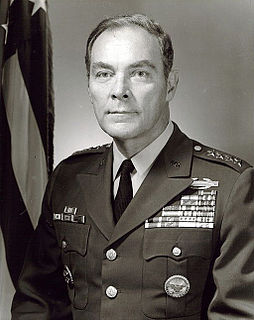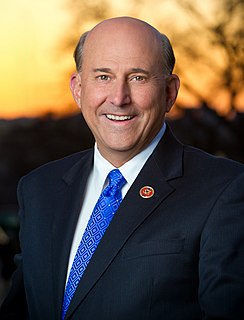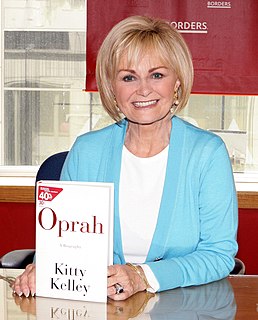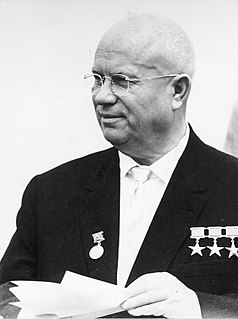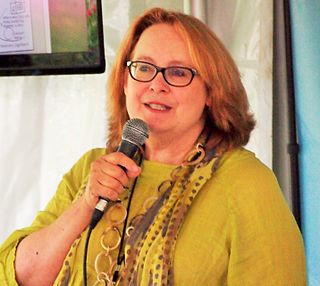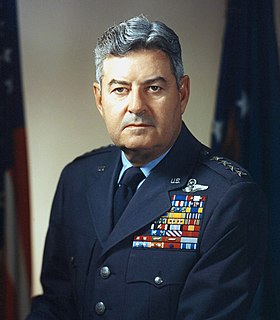A Quote by Colin Powell
President Kennedy didn't negotiate out of the Cuban missile crisis simply because he and Khrushchev got along well. Khrushchev didn't have the cards.
Related Quotes
You know, it's very clear, as one looks back on history again of the Cold War that, following the crisis in Cuba, following the Khrushchev - beating down of Jack Kennedy in Vienna, that President Kennedy believed that we had to join the battle for the Third World, and the next crisis that developed in that regards was Vietnam.
Whether we are Christians or Muslims or nationalists or agnostics or atheists, we must first learn to forget our differences. If we have differences, let us differ in the closet; when we come out in front, let us not have anything to argue about until we get finished arguing with the man. If the late President Kennedy could get together with Khrushchev and exchange some wheat, we certainly have more in common with each other than Kennedy and Khrushchev had with each other.
Over the past years, I have lectured many times on the Cuban missile crisis, most provocatively to 200 senior officers of the former Soviet army in Moscow in 1991, among them KGB generals. There, my knowledge of Penkovsky's role was thoroughly confirmed, and so was the Soviet military men's residual sense of humiliation at Khrushchev's 'blink'.
Here's the truth: the Soviet Union had thousands of nuclear weapons, and Iran doesn't have a single one. But when the world was on the brink of nuclear holocaust, Kennedy talked to Khrushchev and he got those missiles out of Cuba. Why shouldn't we have the same courage and the confidence to talk to our enemies? That's what strong countries do, that's what strong presidents do, that's what I'll do when I'm president of the United States of America.
You [President Kennedy] have made some pretty strong statements about their being defensive and that we would take action against offensive weapons. I think that a blockade and political talk would be considered by a lot of our friends and neutrals as being a pretty weak response to this [the Cuban missile crisis]. And I'm sure a lot of our own citizens would feel that way too. In other words, you're in a pretty bad fix at the present time.


